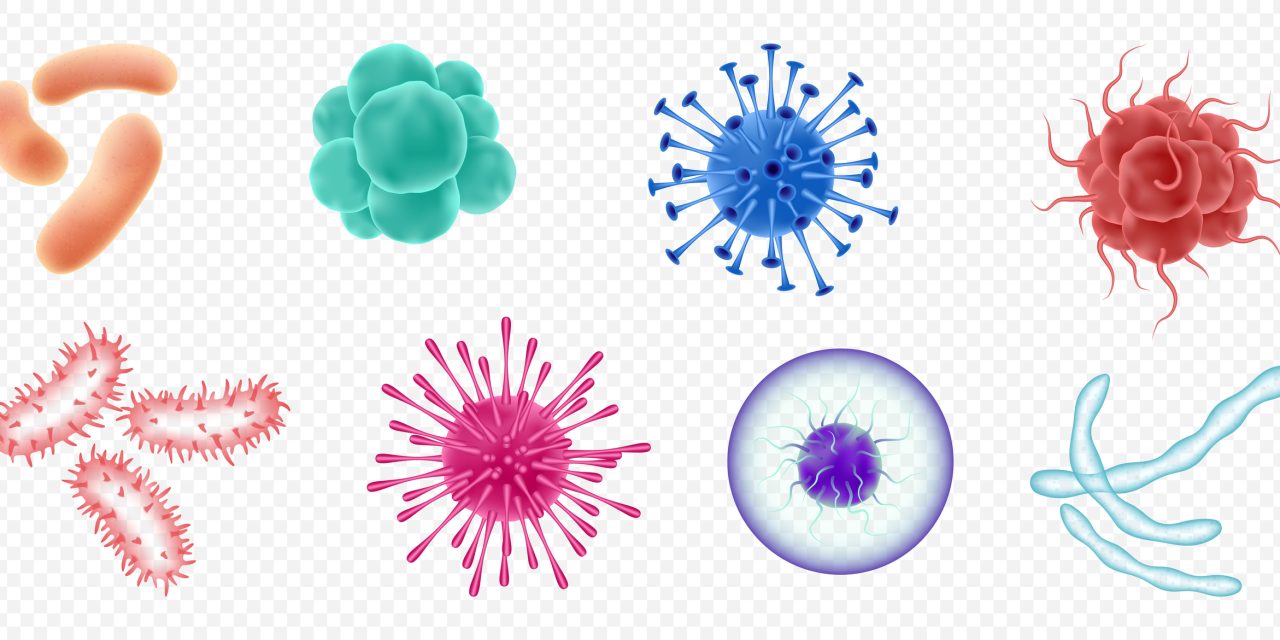Halofuginone is an alkaloid febrifugine analogue and the bioactive molecule isolated incidentally. The therapeutic efficacy of halofuginone in parasitic infections, scleroderma, inflammation, fibrosis-related diseases, and some types of cancer has been previously reported. The effects of halofuginone on nasal mucosal damage are not yet known.
This study aimed to investigate the potential effect of topically applied halofuginone on wound healing in rats’ mechanically injured nasal mucosa.
A unilateral mucosal wound was created in the nasal cavity of thirty-two rats using the brushing technique. There were no statistically significant differences in epithelial thickness, inflammation, goblet cell formation, and epithelial disarray values between the halofuginone and control groups. The procedure significantly decreased the subepithelial thickness in the saline-treated group and the halofuginone-treated group. Still, researchers only observed a considerably lower subepithelial fibrosis level in the halofuginone group compared to the other groups.
The study concluded that topical halofuginone administration reduces the development of fibrosis and subepithelial edema after experimentally induced nasal mucosal injury. Still, it does not exert therapeutic or preventive effects on epithelial damage, inflammation, and goblet cell hyperplasia.
Reference: https://journals.sagepub.com/doi/full/10.1177/1945892419866312


